Don't let world leaders put us through World War III
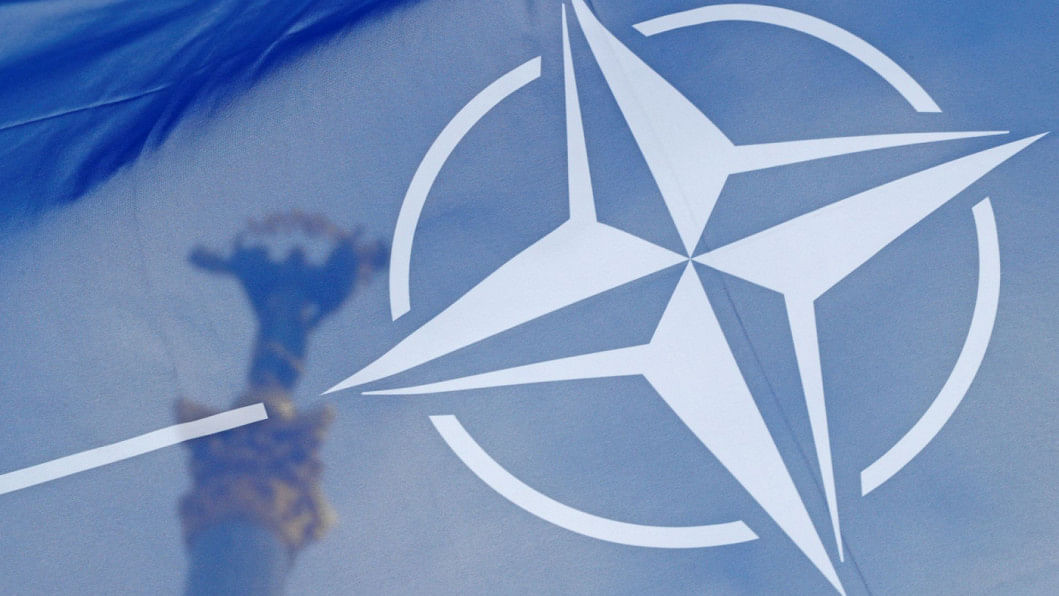
Popular press is not the right place for a discussion of game theory. However, if we avoid the complex mathematical models, understanding its theoretical or practical underpinnings is not that difficult. A critical component of game theory is scenario building. It is commonly used in policy planning and military schools. Let's see if we can apply this in the current situation in Ukraine.
Here is a recap. On October 8, 2022, the Kerch Bridge, a key supply line for the Russian troops fighting in eastern Ukraine, was partially destroyed by a truck explosion. It adds to Russia's loss of occupied land and military losses. Russians have countered that with heavy bombardment. Are we seeing an "escalate to de-escalate" strategy? Heavy bombing did force the winning Vietnamese to the negotiating table during the mid-1970s.
On September 21, 2022, President Vladimir Putin in a speech to the Russian people stated that "those who try to blackmail us with nuclear weapons should know that the weathervane can turn and point towards them" and "this is not a bluff." On October 6, 2022, in an address to the Lowy Institute, a nonpartisan international policy think tank in Australia, Ukraine's President Volodymyr Zelensky underscored the importance of "preventive strikes, preventive action." To him, pre-emptive steps are crucial to deterrence. He also cautioned against "waiting for the nuclear strikes first."
Sometimes pre-emptive strikes are gamechangers – Israel's pre-emptive bombing of the Iraqi nuclear plant in 1981 changed the security arrangement in the Middle East. However, in a nuclear war, who struck first is irrelevant when we consider its consequences.
Scenario 1: West wins
A victory of the West would mean disintegration of Russia as a de facto nation-state with a weak centre. We have observed this in Iraq, Libya, Venezuela, and many other countries in the world. A weakened Russia would sign a peace treaty and pay for reparations. Putin would be deposed and could face trials. A new set of leaders would take over Russia. Western companies would pursue Russian oil and gas.
The above outcome would be possible if Russia a) was willing to accept a defeat; b) did not have nuclear weapons; c) chose not to use it; d) the chain of command broke down in Russia; and/or e) Putin was deposed from within. Putin will try his best not to lose.
A corollary effect of this scenario would be a unipolar war under the leadership of a victorious America/West. A new global political and economic order would follow. A weaker China would fold back its Belt and Road Initiative and accommodate to the will of the West. OPEC would also comply. The world would embrace a new form of "core-periphery" economic relationship rooted in colonialism.
Scenario 2: Russia wins
Ukraine would cease to exist as a nation-state in the current form; a pro-Russian government would take over. It would be a political and military victory for Russia, but there would not be much economic gain. However, it would secure its border in the south and have control of the Black Sea and trade routes. Victory would give some facelift to Putin and his leadership. An isolated, sanctioned Russia would work hard to regain its influence on a global platform.
The West will not allow Russia to win, as they did not in Afghanistan. Weakening Russia in a protracted war is its stated goal. Russia will not be able to win a conventional war in Ukraine. Militarily, Ukraine has the "defender" advantage. Also, quasi-nuclear strategy may not deliver victory on the ground.
Scenario 3: No one wins
This would be the ultimate irrational choice. No one could win in a nuclear war. The survivors in different parts of the world would begin a new life.
Scenario 4: Everyone wins
A rational choice would be a BATNA (Best Alternative to a Negotiation Agreement) where none of the warring (or supporting) parties would get a clear victory. Face-saving options would be provided. Putting pressure on all parties to accept a mutually beneficial agreement would be the most desirable outcome. The 38th parallel in Korea is an example in this regard.
On June 4, 2022, in an interview with Crux, Indian Foreign Minister S Jaishankar said, "Europe has to grow out of the mindset that Europe's problems are the world's problems, but the world's problems are not Europe's problems." The whole world is suffering because of a European war that they did not ask for. Lest we forget, three million people died in Bengal during World War II for a war they never understood.
Words like "Armageddon" and "annihilation" are making headlines. Our leaders must not be allowed to hand us World War III. Being silent is not an option for the common people in the developed and the developing worlds. Voices of reason for peace and against war must be raised. Leaders would listen when our voices are "louder" than their guns, be it in the popular press, social media or the street.
Dr Abu NM Waheeduzzaman is a professor of marketing and international business at Texas A&M University-Corpus Christi, US.

 For all latest news, follow The Daily Star's Google News channel.
For all latest news, follow The Daily Star's Google News channel. 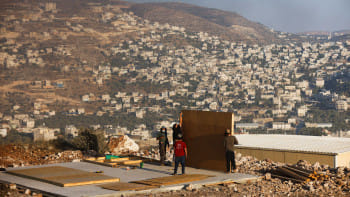
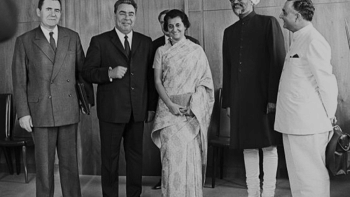



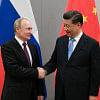
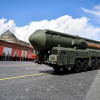





Comments